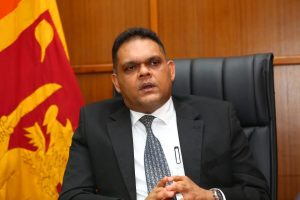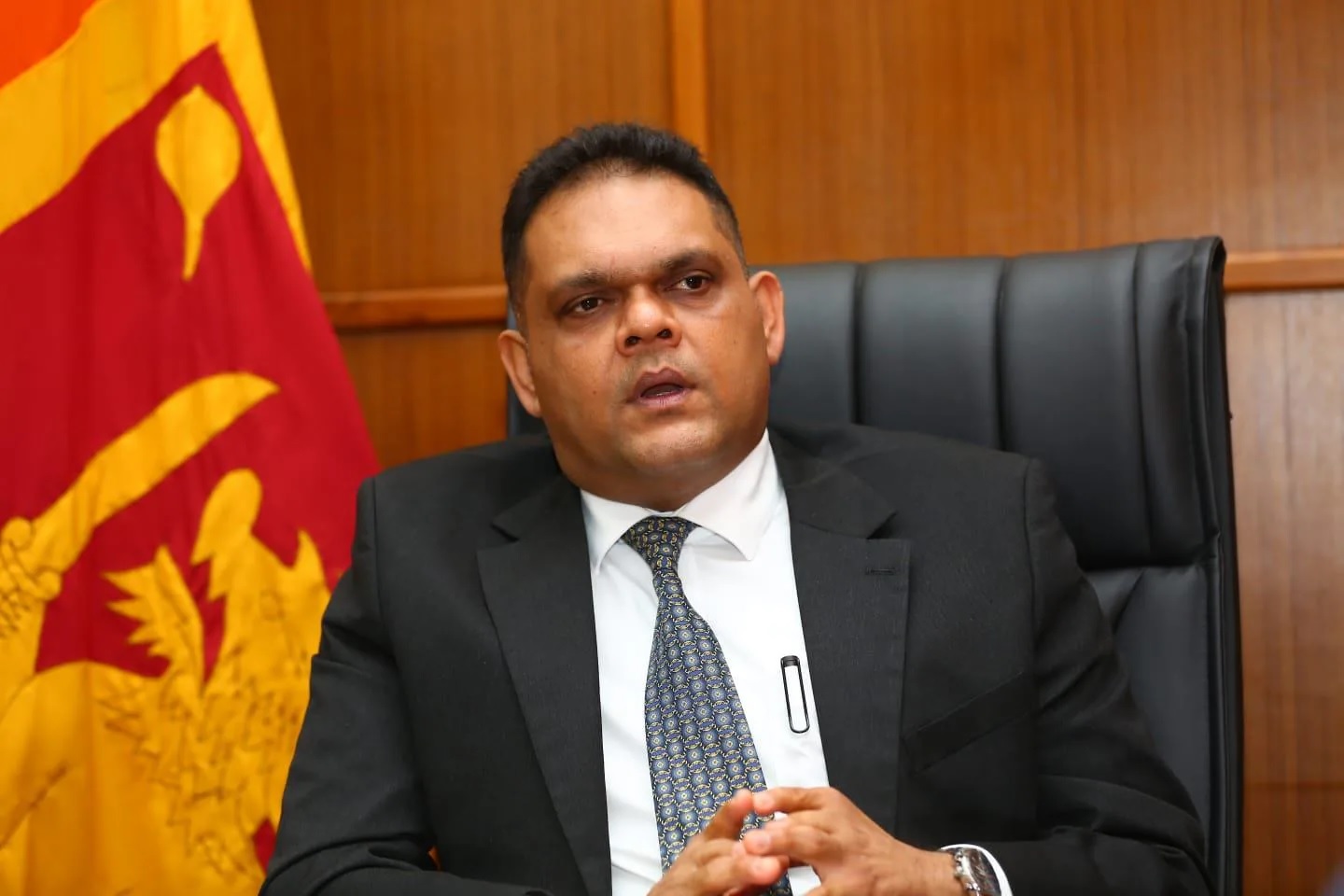The issue of private bondholders has become a focal point in Sri Lanka’s economic landscape, particularly in the context of the upcoming second International Monetary Fund (IMF) review. Despite the government’s expressed confidence in a “smooth” review process, concerns persist regarding the progress of debt restructuring with private bondholders.
Finance State Minister Shehan Semasinghe conveyed optimism during a press briefing, asserting that the government is certain about successfully implementing the reform agenda. The second review, scheduled to commence on March 7, will assess the progress in meeting key commitments under the IMF-backed program, including the Extended Fund Facility arrangement and the 2024 Article IV consultation on Sri Lanka’s economic health.

Challenges Faced
Semasinghe acknowledged the challenges faced during the first review, citing strenuous policy decisions in their initial stages. However, he highlighted positive signs of economic stabilization, particularly evident in the third-quarter gross domestic product performance. In contrast to the prolonged duration of the first review, the minister anticipates a shorter timeframe for the completion of the second review, leading to the release of the third tranche under the US$3 billion bailout package.
The IMF expects Sri Lanka not only to undertake structural and fiscal reforms but also to reach final agreements with official creditors and in-principle agreements with external private creditors, i.e., bondholders. Recent reports indicate a lack of progress in reaching in-principle agreements with bondholders, raising concerns about potential delays. Semasinghe, however, expects negotiations with bondholders to intensify, aligning with IMF expectations.
Addressing the specific issue of private bondholders, the government has sent an ‘enhanced’ debt restructuring proposal through its advisor Lazard. This proposal counters the bondholder group’s previous offer from October, which included a 20 percent haircut and the issuance of macro-linked bonds—an offer rejected by the government. Semasinghe expressed anticipation of a swift and positive response from private bondholders to the enhanced proposal.
Furthermore, the government, in collaboration with its advisors, is in the process of finalizing memoranda of understanding (MOUs) with bilateral creditors. Although an in-principle agreement was reached late last year, the intricate nature of the negotiations makes it challenging to provide an exact timeline for the signing of these MOUs.
The government remains confident in a prompt and positive response from private bondholders, underscoring the importance of addressing this issue within the broader context of Sri Lanka’s economic recovery and the ongoing IMF review process.







